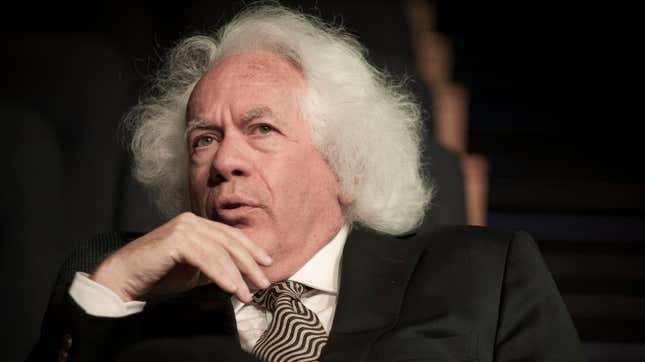Bad Men Get Infinite Chances
Latest

Sometimes I wish I couldn’t read, because it would allow me to spend what little time I have not perusing news of recently disgraced men. But, you know what they say about wishes: they’re like pennies. And I have far fewer pennies than former Vanity Fair editor Graydon Carter, who used space in his boutique newsletter Air Mail to commission a breathless feature about accused sexual harasser Leon Wieseltier. The former New Republic literary editor, whose startup publication was abruptly shut down in 2017 after numerous women came forward with allegations of sexual harassment, is back.
In what has become a stunning display of wealthy people’s continued willingness to platform alleged sexual predators, Leon Wieseltier has been given money by his friend and donor Albert Moses to start a new publication, Liberties. A glowing, reverent Air Mail profile of him reveals the 420-page tome will be housed by all the worst people you wish you didn’t know about, including the editor of the infamous Harper’s Letter, Thomas Chatterton Williams, and five others who signed their names to it. Wieseltier says the magazine will contain zero images or ads and will be stuffed exclusively with essays aimed at accomplishing his singular mission: “the rehabilitation of liberalism.”
-

-

-

-

-

-

-

-

-

-

-

-

-

-

-

-

-

-

-

-

-

-

-

-

-

-

-

-

-

-

-

-

-

-

-

-

-

-

-

-








































